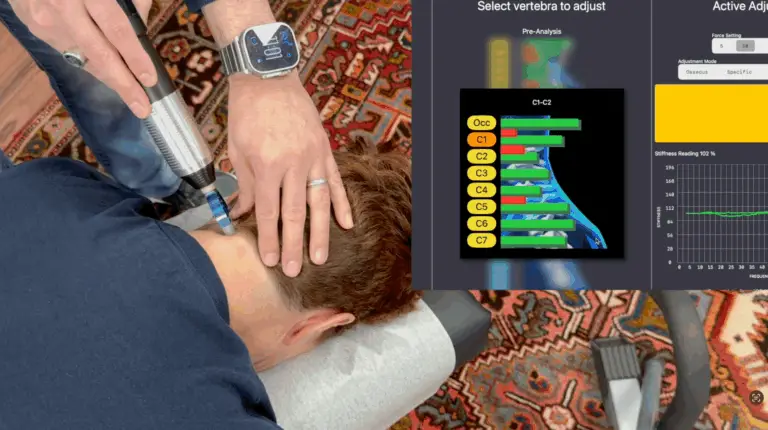In April, Chiropractic Economics published a story titled, “How to handle patients who talk partisan politics,” which could not have been more timely—or necessary—as we approach the upcoming election.
In it, they pose questions that chiropractors everywhere are finding themselves asking more and more frequently: “Should I agree?” “Should I say how I feel?” “Should I engage at all?” Perhaps you do feel passionately about a certain candidate or issue, but is it worth potentially losing up to half of your patients?
So we decided to do our own digging on the topic. Here are some tips—from Chiropractic Economics and beyond—for keeping the elephant and the donkey out of your treatment room.
- Before engaging in a political discussion with a patient, ask yourself, “Does political opinion drive or distract from your mission and the relationship you share with your audience?” This piece of advice came from the blog 33 Charts, in reference to a doctor’s social media presence. For most chiropractors, unless you are in a secure place financially, are only interested in attracting patients with certain beliefs, or simply don’t care whether you lose patients, sharing political beliefs can only distract from your mission—which is to keep a patient out of pain and on the track to wellness. If you think engaging may enhance your relationship with your patient (if they appear to share your beliefs), you may choose to engage in a conversation. Just be wary of word-of-mouth and decide how much you want others to know about your opinions before you speak.
- Create a “politics-free workplace.” In this suggestion from Chiropractic Economics, they recommend placing humorous signs around the office saying “Politics-Free Workplace,” “Happy Place” or “Good News Room,” to help deter conflict. They also recommend playing funny TV shows around the office instead of news streams. Basically, create a space completely void of politics to help avoid political discussions.
- Deflect. You can always say you aren’t political, or deflect political questions by focusing on the matter at hand. “Let’s just focus on you today” or “I think it’s more important for us to spend this time fixing your problem” should end the conversation while also letting the patient know that you care about them.
- Listen before you talk. This story by Inc. explains how, in some cases, it may actually help your business to state a political opinion, but be sure to LISTEN to your patients first. How do they feel? If you are taking a stance, what would they like you to say? Think topics, not party. Choose to talk about things that matter to YOUR patients. Do you wish there were changes in healthcare so that more chiropractic procedures are covered? Is crime making your employees feel unsafe? Speaking about only topics will keep you separate from political parties, which will keep you from potentially alienating up to half of your patient base.
At the end of the day, however, the best piece of advice you can use is to generally practice patience, acceptance and discretion when it comes to patient politics.
Want more content like this? Check out our other practice management tips on our PulStar blog.












